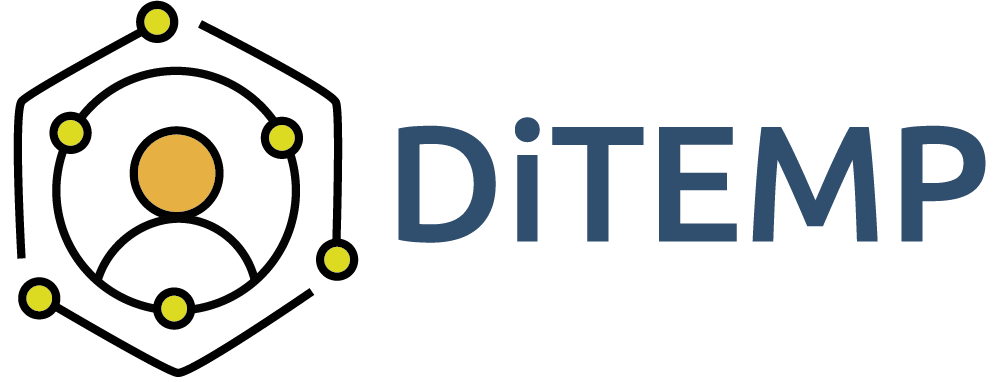In the traditional narrative, Open Education approaches, including the use of OER, MOOCs and open teaching practices, aim to increase equity of education and at improving the quality of teaching, mostly by allowing the re-use of openly-licensed contents produced by others. This is certainly true, but research is starting to document the fact that Open Educational approaches bear also the potential to innovate teaching practices, by facilitating students engagement, responsibility and co-creation of knowledge. The webinar will present some interesting open teaching practices, connecting them to the competences that educators need to build in order to put those in practice, and providing some ideas on how these competences can be developed.
Date and Time
December 2 nd , 2020
10.00 – 11.00 (CET)
Link to connect:
Speaker:
Prof. Fabio Nascimbeni
Fabio Nascimbeni works as Assistant Professor at the Universidad Internacional de la Rioja (UNIR), where holds the Telefonica Chair on Digital Society and Education. He is a Senior Fellow of the European Distance and eLearning Network (EDEN), a member of the Advisory Board of the Open Education Working of the Open Knowledge Foundation, a fellow at the Centro de Estudos sobre Tecnologia e Sociedade of the University of Sao Paulo (USP) in Brazil and at the Nexa Centre of the Politecnico di Torino. He has been active in the field of learning innovation and ICT for learning since 1998, by designing and coordinating more than 40 research and innovation projects and promoting European and international collaboration in different areas, from school education to higher education, to lifelong learning, to ICT research. He has been working across Europe as well as in Latin America, the Caribbean, the South Mediterranean and South-East Asia. His main research interests are open education, learning innovation, digital literacy, social and digital inclusion.
Addressed to:
- Teachers
Focus:
- Pedagogical Methods
- Field Specific: cultural heritage and tourism; place branding; citizen engagement.








